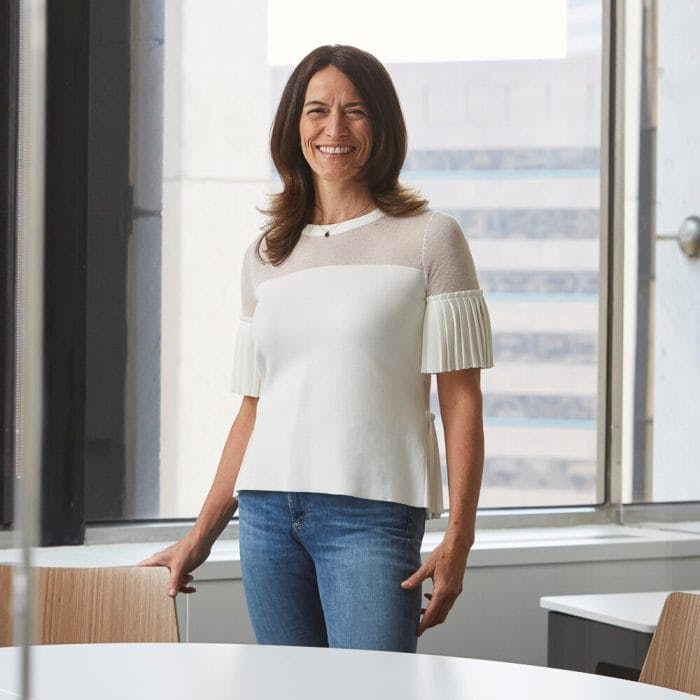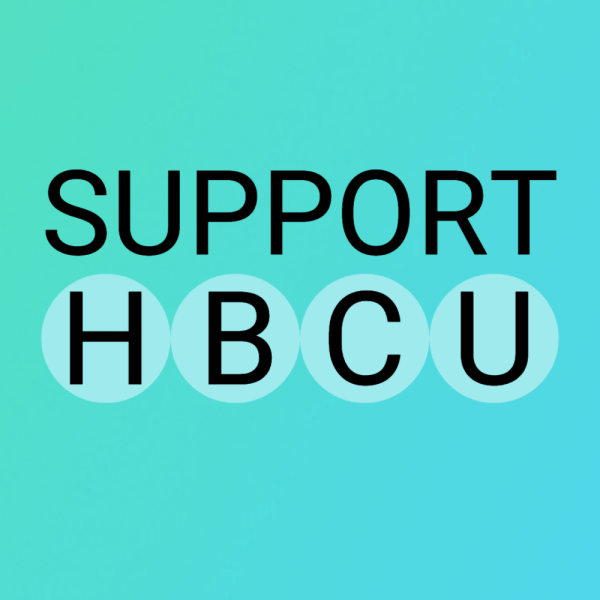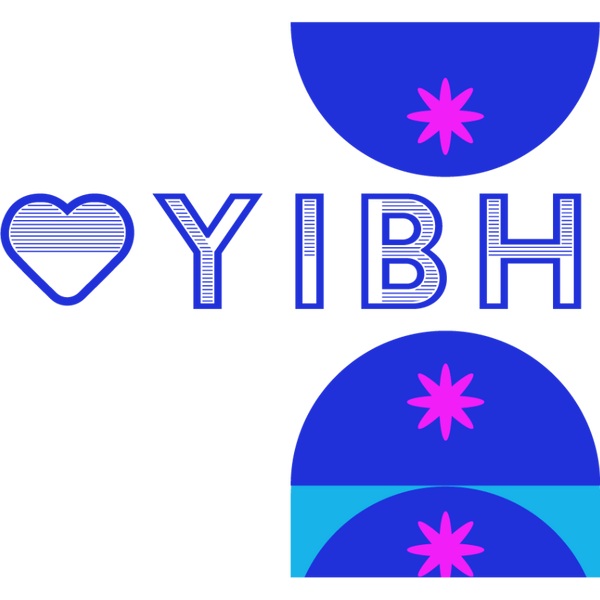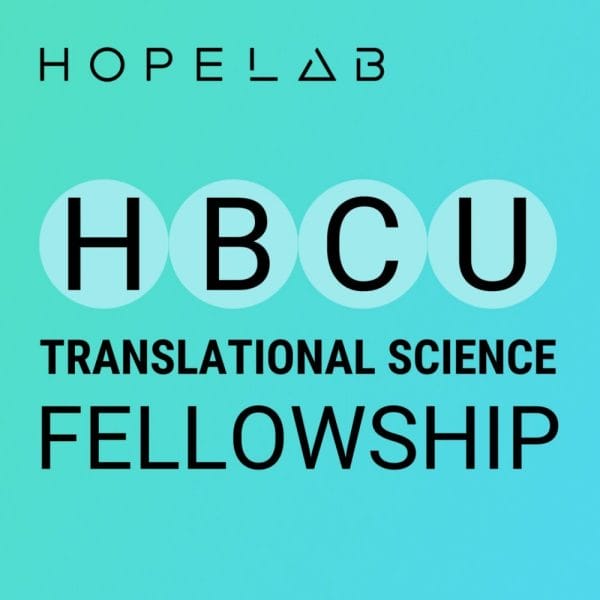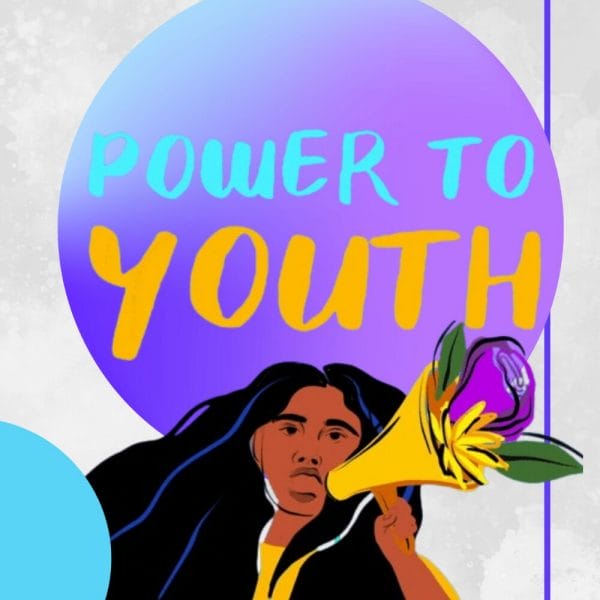Dreams are powerful motivating forces. They inspire people in every area of achievement, from the arts and sciences, to business and philanthropy, and beyond. For me, dreams – big, daunting dreams – have a special power of appeal. They help guide a vision of socially meaningful impact. So when I learned that TED2016 was dedicated to the greatest dreams we’re capable of dreaming, I was in, all in. Over five days and twelve sessions with more than 100 talks, here are some themes that emerged and captured my imagination.
Dreams of social justice
Michael Murphy, a Boston-based architect with MASS Architecture, showed plans for a new memorial in Montgomery, Alabama, to commemorate America’s history of slavery and racial injustice. Joined by Bryan Stevenson of the Equal Justice Initiative, Murphy left us with a powerful symbolic message about the steps we can take to help heal historical trauma.
Adam Foss gave an eye-opening talk about his role as a prosecutor in Boston. Sharing his personal story about second chances that led him to his career in law, he asked the audience to reflect on how many of us have been given the types of breaks often denied to young men of color. Adam’s presence on the stage—and incredible power to move the audience – was a poignant reminder that we can use our power to change young lives rather than condemn them.
Unleash the power of girls and women
“We’re raising our girls to be perfect, and we’re raising our boys to be brave.” Reshma Saujani the founder of Girls who Code shared powerful lessons for girls and for all of us: we must strive for bravery, not perfection. Reshma founded Girls who Code in 2012 to educate, inspire, and equip high school girls with the skills and resources to pursue opportunities in computing fields and close the gender gap in technology and engineering. By teaching our girls to play it safe, we’re robbing them, and ourselves, of untapped potential in learning and achievement.
Speaking of brave women, I was inspired by the presence and touched by the words of speaker Ameera Harouda, who introduced herself by saying that she had never been outside the walls of Gaza. Ameera is a fixer in Gaza, working with foreign journalists to help them gain access to sources so they can report on her community to the world. She embraces the danger of the job because of her passion to share stories and foster connection and understanding.
Big data, social change
Sue Desmond-Hellman, CEO of the Bill and Melinda Gates Foundation, championed the idea of “precise public health,” that is, using the ever-growing power of data to end unnecessary childhood deaths. This is one of the many areas of health and medicine in which our increasing ability to collect, track, and analyze data can dramatically improve how we understand problems and develop potential solutions. Desmond-Hellman claims that if her team meets its goals in the next 15 years, they can save 1 million babies’ lives annually.
Augment and enrich reality
One final moment from TED2016 I’d like to share. Combining all the elements of technology, entertainment, and design, the Google Art Project was unveiled. I highly encourage you to give it a look. The database houses more than six million works of art and artifacts of cultural history. It’s a stunning and rich resource for anyone who hungers for beauty and inspiration.
For these talks and more dreams, visit TED2016.

